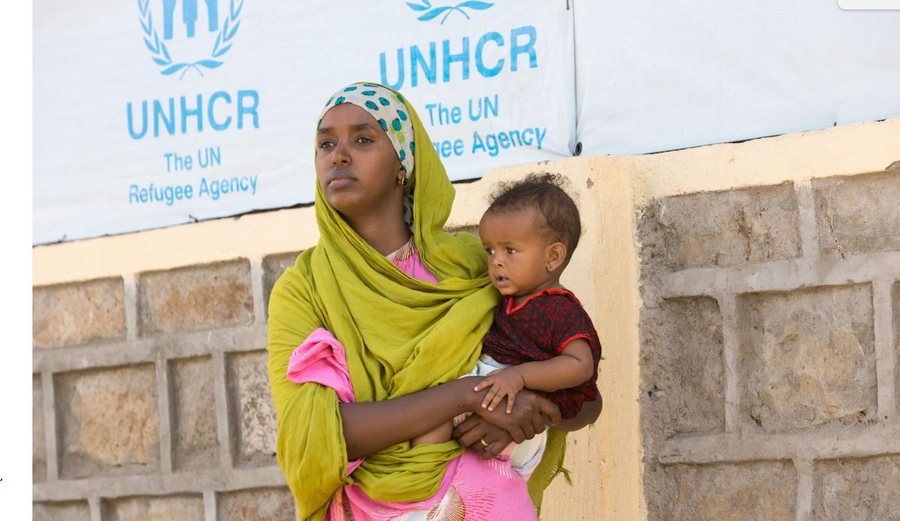
UN agencies have begun to wind down their global aid operations following the 90-day suspension of all foreign aid ordered by the Trump administration.
Filippo Grandi, head of the UN refugee agency UNHCR, responsible for providing life-saving assistance to 122 million people forcibly displaced from their homes in 136 countries, sent an email overnight to staff, ordering immediate spending cuts, including a 90-day delay in ordering new supplies except in urgent cases, a freeze on employment contracts and a halt to all international air travel, as the agency struggles to adjust to the US funding freeze.
The new US Secretary of State, Marco Rubio, claimed that the US freeze would not affect life-saving aid defined as “essential medicines, medical services, food, shelter, livelihood assistance and supplies” and that it was focused on aid programs that include abortion, family planning or “gender ideology”. However, the initial impact of the freeze immediately cut off humanitarian aid worldwide.
Grandi said most UN agencies and other international aid organizations have been affected. Around the world, humanitarian aid programs have been forced to lay off staff and slow operations after the unprecedented suspension of U.S. funding ordered by Trump, pending a review of all aid programs. Only emergency food programs and military aid to allies Israel and Egypt have been exempted.
In his email to all staff, Grandi said: "We must proceed very carefully over the coming weeks to mitigate the impact of this funding uncertainty on refugees and displaced people, on our operations and on our teams."
“These steps will help us manage resources in this challenging period,” he added. “What is clear is that more than ever, we must continue to demonstrate the impact and effectiveness of our work.”
The US provided $2.49 billion in funding to UNHCR, according to the latest figures for 2024 – a fifth of the agency's total budget.
Trump's funding freeze, ordered by Rubio, comes at a time when more of the world's population than at any time since World War II have been forced from their homes by war or unrest, either as refugees beyond their nation's borders or displaced within their own borders. (A2 Televizion)











